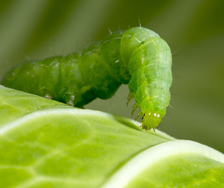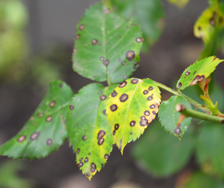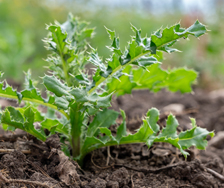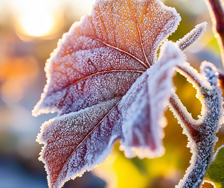Yates Account
Join now
Create a Yates account today!
Sign up to join the Yates Garden Club for monthly e-mails packed with seasonal inspiration, tips for success & exclusive promotions.
Plus if you’re a Garden Club member you can take part in the Yates Growing Community - a blog to share successes, get advice & win prizes in fun challenges along the way!

Forgot password
Enter the email address associated with your account, and we'll email you a new password.

The winter garden is special. Flower colours seem more clearly defined. Cold enhances their pigmentation and deepens their colours. Deciduous trees that have lost their leaves sketch a tracery of bare branches against blue winter skies. And the crisp, cool air makes it a pleasure to work outdoors.
Winter colour
During winter, many plants continue growing in preparation for the spring show to come. Bulb leaves have emerged from the soil and seedlings are making steady progress. Sweet peas are moving steadily up their supports. Watch out for snails and slugs – they love the cooler time of year – and feed flowers regularly with a liquid fertiliser such as Yates Thrive Natural Fish & Seaweed+ Plant Food Concentrate.
Winter perfumes
Flower fragrance seems sharper and stronger in the winter air, too. Think of the clear sweetness of daphne perfume, the soft notes of pretty pink luculia and the spicy scent of wintersweet (Chimonanthus praecox).
The nutmeg bush (Tetradenia riparia) develops winter-blooming, pale mauve plumes with a sweet scent. Its leaves, too, release a pleasantly spicy aroma when crushed.
Early sweet peas begin blooming in winter, and the perfumed spikes of jonquils and hyacinths brighten the garden.
Winter problems
Caterpillars may still be hanging on. If they’re causing unsightly damage, use Yates Success Ultra Insect Control Concentrate to clean them up. Squirt some Yates Conqueror Spraying Oil onto citrus trees. This will smother scale insects and other sap-sucking insects.
Oxalis are winter-growing weeds that, although pretty, are very persistent. Spray with Yates Zero Rapid 1-Hour Action Weedkiller Ready to Use. Small bulbs in the ground will then emerge, so follow-up treatment will be necessary.
Winter planting
Winter’s the ideal season to plant and transplant deciduous trees and shrubs. Prepare the soil by digging in compost and Yates Dynamic Lifter Organic Plant Food.

















Share
Share this article on social media